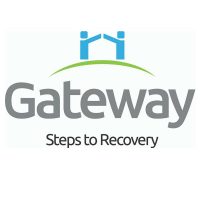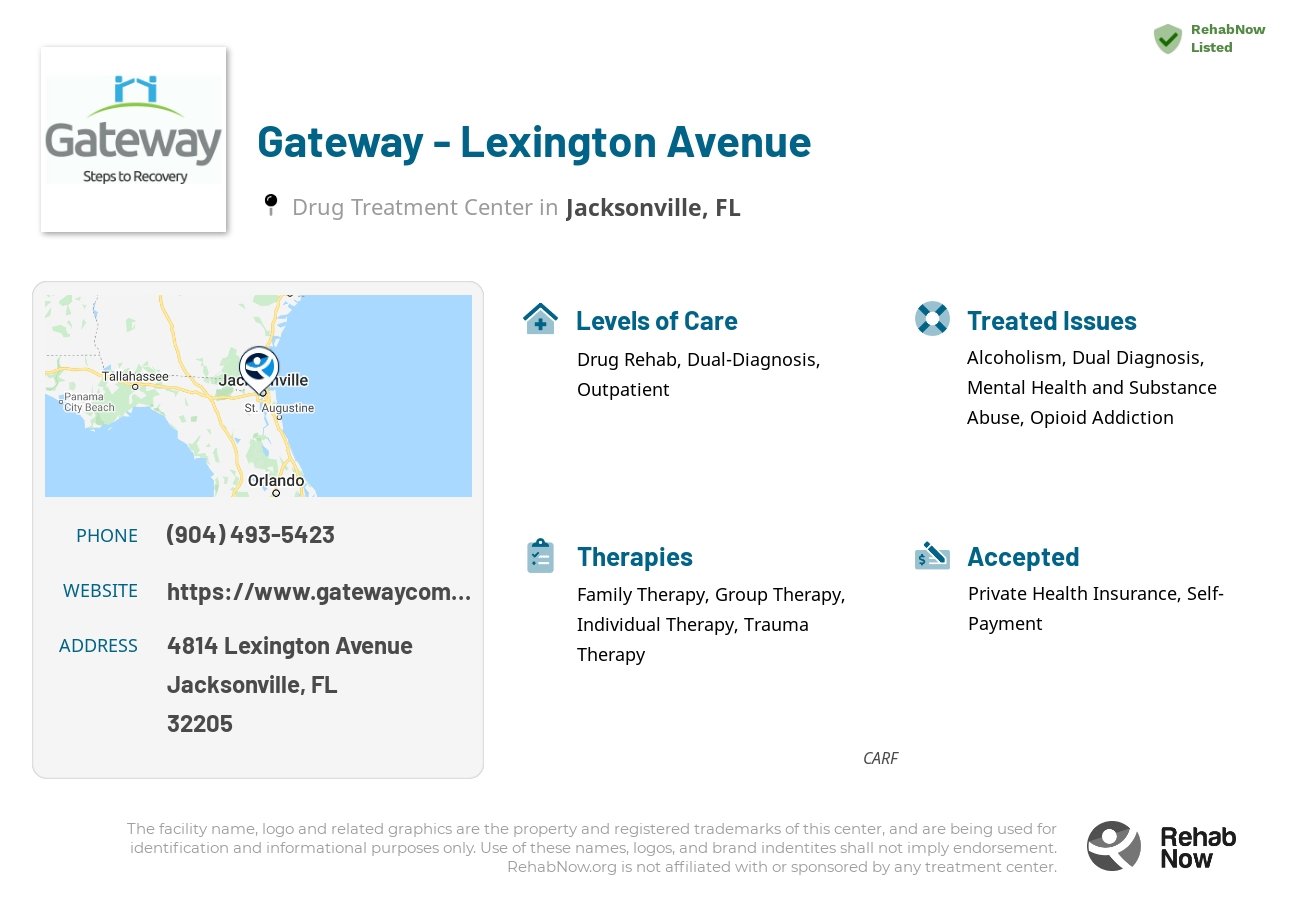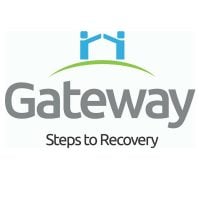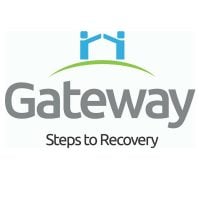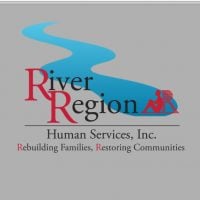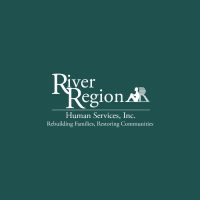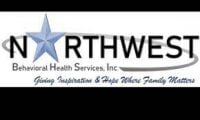Gateway - Lexington Avenue
Drug Rehab Center in Jacksonville, Florida
Gateway Community Services - Problem Solving Court Services in Jacksonville, Florida is an accredited alcoholism, opioid addiction, dual diagnosis, drug addiction, and substance abuse treatment facility that offers various levels of care, including drug rehab, dual-diagnosis treatment, outpatient services, and aftercare support, catering to individuals struggling with addiction and substance abuse.
About This Florida Facility
Gateway - Lexington Avenue, located in Jacksonville, Florida, offers comprehensive outpatient treatment for individuals battling alcohol and substance addictions. Their unique approach combines motivational enhancement, group therapy, individual counseling, and proven recovery methods.
- Personalized treatment plans tailored to individual needs
- Evidence-based therapies for lasting recovery
- Supportive environment fostering personal growth
This reputable facility is accredited by SAMHSA and CARF, ensuring high-quality and effective treatment services. Their experienced professionals are dedicated to helping individuals overcome alcoholism, drug addiction, and related mental health issues.
Gateway - Lexington Avenue specializes in treating a wide range of addictions, including alcoholism, opioid addiction, dual diagnosis, drug addiction, and substance abuse. Their comprehensive approach combines various treatment modalities, such as counseling, therapy, and aftercare support, to address the unique needs of each individual.
Genders
Ages
Modality
Additional
Accreditations
SAMHSA

CARF
The Commission on Accreditation of Rehabilitation Facilities (CARF) is a non-profit organization that specifically accredits rehab organizations. Founded in 1966, CARF's, mission is to help service providers like rehab facilities maintain high standards of care.
Conditions and Issues Treated
People who abuse drugs are likely to suffer from an addiction, which can cause serious health problems. When it comes to helping drug abusers get sober, there are many options to choose from. It is essential to state that there is no “”correct”” way of doing things. People are different, and they need different types of help to get over their addiction.
Many people who struggle with opioid addiction need to attend specific programs like methadone , Suboxone or Vivitrol clinics.
These types of programs will provide the patient with legal, prescription medications that can help them overcome their cravings for illegal opioids like heroin or fentanyl . If the patient has a chronic condition like Hepatitis C, they must undergo treatment before they can begin taking these medications.
Dual Diagnosis refers to someone who is both dealing with addiction and another mental health issue.
There are different kinds of Dual Diagnosis: A person who simultaneously experiences both a mental illness and an addiction disorder. Or, a person who experiences one or more coexisting (simultaneous) mental health conditions in addition to a primary substance use disorder.
Some conditions that commonly co-occur with addiction include:
- Personality Disorders (Borderline, Narcissistic)
- Mood Disorders (Bipolar Disorder, Depression, Anxiety Disorder)
- PTSD (Post Traumatic Stress Disorder), OCD (Obsessive Compulsive Disorder), ADHD (Attention Deficit Hyperactivity Disorder)
- Schizophrenia, Psychosis, Hallucinations, Delusions
Levels of Care Offered at Gateway - Lexington Avenue
This center offers a variety of custom treatment tailored to individual recovery. Currently available are Aftercare Support, Drug Rehab, Dual-Diagnosis, Outpatient, with additional therapies available as listed below.
Outpatient treatment programs provide drug and alcohol addiction treatment through individual sessions with a counselor, group therapy, 12-step meetings, and other activities to help individuals gain sober living skills. Most programs are designed for those individuals who have completed a medically supervised detoxification program and provide opportunities for clients to begin the process of early recovery.
Outpatient programs also offer a level of medical support as needed and psychological backing through therapy. Clients are encouraged to live at home, though there may be some flexibility regarding this requirement based on the circumstances and needs of each patient.
Outpatient treatment is perhaps the most common type of dual diagnosis program available. It does not pose a significant financial burden on patients. However, it is essential to note that outpatient treatment does not provide the support and supervision given in residential programs. Some addicts may need this level of support to maintain their sobriety.
People who have completed a rehab program often need continued support from the addiction treatment team in order to remain abstinent from drugs and alcohol. Aftercare can be beneficial for personal, social, and emotional growth.
Common aftercare options include:
- Individual Therapy – this type of addiction counseling is available on a one-on-one basis. This can be beneficial for people with a high degree of emotional turmoil and a strong desire to overcome addiction.
- Group Therapy – this type of addiction counseling is available in a group setting. This type of treatment can be beneficial for people who are unable to attend regular therapy appointments due to other responsibilities.
- Family Therapy – this type of addiction counseling is available to the family members of addicts. This can be beneficial for people who are unable to fully comprehend what their loved ones are experiencing due to addiction.
Therapies & Programs
Therapy sessions focused on the individual addict can provide much-needed guidance as they work toward overcoming their addiction. These types of sessions typically involve guidance from a therapist, who will help addicts identify and process their feelings and cravings.
During these sessions, addicts may develop plans for coping with the triggers that typically lead to relapse and learn how to avoid those triggers during their recovery process.
The main goal of family therapy for drug addiction is to create an environment where communication can occur without judgment, hostility, or blame that often occurs within a family.
Family therapy is a type of group problem-solving that aims to improve communication and relationships between the patient, their family, and sometimes friends. The therapist is with the family as they learn to communicate with each other differently, especially with the addict when s/he is using.
The family can learn to reduce their enabling behavior or rally together and support each other during tough times. The patient also learns how to deal with their addiction and maintain sobriety while interacting with the family.
Different types of addiction treatment services are available. Within this article, group therapy is of interest due to its high success rate compared to individual therapy. Group therapy settings are beneficial because they allow recovering addicts to build a strong support network.
Benefits of group therapy are:
- Reduces feelings of isolation
- Immediate access to social support in the form of fellow addicts in recovery
- Lowers risk of relapse
- Increases rate of sobriety
- Builds coping skills that can be applied to everyday life
Trauma Therapy is a form of therapy that involves working with a patient to help them process and understand the past trauma(s) in their life. The idea behind it is that while some people can experience traumatic events and not have lasting psychiatric symptoms, many others will. In these cases, memories of the event get hidden from consciousness but continue to influence how the person processes and copes with things in their life. They may avoid situations that resemble what happened or become suddenly angry or irritated to a situation that reminds them of a past event.
With the help of a therapist, people can go back over memories and experiences. This helps them understand why they are having problems coping with certain situations and how they can change how they think and react to things. This therapy is typically done using techniques such as visualization, discussion, and writing down thoughts and feelings.
Trauma therapists will work with clients to help them understand their past and present relationships. Many times, patients may believe that something is inherently wrong with them or that they are unworthy of love. A therapist aims to correct these negative feelings and behaviors by helping the person realize that their actions do not reflect who they truly are.
One of the main goals of trauma therapy is to help clients express their emotions and talk about what they are feeling. This benefits both to increase awareness of how certain events have impacted them in the past and enables patients to realize that they can make changes in their lives.
Dialectical Behavior Therapy is a cognitive-behavioral therapy that helps addicts balance their thoughts and emotions to change their behavior. It was designed for those vulnerable to self-harm and suicidal thoughts and aims to help patients understand the connection between their feelings, emotions, and behaviors. It is effective for those whose addictions and behaviors stem from severe mental health issues.
Cognitive Behavioral Therapy (CBT) is used by drug treatment centers to help addicts comprehend the causes of their substance abuse and the consequences that follow. Through CBT, clients learn to recognize and avoid high-risk situations and cope with challenging situations when they arise.
CBT treatment often includes a combination of individual therapy, group therapy, lectures, and other activities. The treatment’s goal is to help addicts gain self-control and maintain abstinence from drugs and alcohol over the long term so that an addict can get sober and lead a more productive life.
CBT is particularly effective in helping people overcome their drug problems, especially people whose drug abuse is motivated by self-defeating beliefs and emotions.
The 12 steps of AA and other anonymous programs (generally abbreviated to ’12-step program’ or ’12-step’) are a series of guiding principles outlining a course of action for recovery from addiction, compulsion, or other behavioral problems. Originally proposed by Alcoholics Anonymous (AA) as a recovery method from alcoholism, the Twelve Steps were first published in the 1939 book Twelve Steps and Twelve Traditions. The program was adapted and became part of the philosophy of other 12-step programs.
12-Step programs are widely regarded as effective for dealing with substance abuse issues, but some critics believe they can be difficult to understand or follow. There is also evidence that the 12 steps may not be effective for adolescents with substance abuse issues. At least one study has shown that 12-step programs are not more effective than other forms of treatment.
Despite these claims, there is substantial evidence that people who attend 12-step meetings have a greater likelihood of achieving long-term abstinence and sobriety than those who do not participate in 12-step meetings.
This type of therapy can help addicts manage cravings and maintain sobriety. During these sessions, addicts will typically meet with a therapist on a regular basis to discuss how they’re feeling and learn techniques for avoiding relapse triggers.
Therapists help patients identify strong addiction triggers and then come up with strategies that can be used during those situations to prevent relapse. For example, addicts might learn how to distract themselves and change the subject during a conversation to avoid getting too deeply involved in a discussion about drugs and alcohol.
Payment Options Accepted
For specific insurance or payment methods please contact us.
Is your insurance accepted?
Ask an expert, call (888) 674-0062
Gateway Associated Centers
Discover treatment facilities under the same provider.
- Gateway - Stockton Street in Jacksonville, FL
- Gateway - Girls's Recovery Center in Jacksonville, FL
- Gateway - Boy's Recovery Center in Jacksonville, FL
Learn More About Gateway Centers
Additional Details
Specifics, location, and helpful extra information.
Jacksonville, Florida 32205 Phone Number(904) 493-5423 Meta DetailsUpdated April 15, 2024
Staff Verified
Patient Reviews
There are no reviews yet. Be the first one to write one.
Jacksonville, Florida Addiction Information
Florida is one of the nation's epicenters for substance abuse and drug-related overdoses. In 2014, around 410,000 Florida residents were addicted to drugs and alcohol. Over the last 10 years, 12% of all deaths in the state were attributed to substance abuse. Treatment admissions for alcohol reached 24,329 patients in 2016, and 2.5% of Florida high school students admitted to using crack cocaine.
There are an estimated 15,000 people in Jacksonville who suffer from drug addiction. The number of overdose deaths has been on the rise, with 193 reported in 2017. This is leading to an increase in crime rates, and it is also causing problems for the city's businesses and families. Rational Recovery is a type of treatment that focuses on helping the individual develop a rational and healthy relationship with drugs and alcohol.
Treatment in Nearby Cities
- North Miami, FL (318.1 mi.)
- Quincy, FL (172.0 mi.)
- Wellington, FL (265.7 mi.)
- Floral City, FL (111.4 mi.)
- Macclenny, FL (23.5 mi.)
Centers near Gateway - Lexington Avenue
The facility name, logo and brand are the property and registered trademarks of Gateway - Lexington Avenue, and are being used for identification and informational purposes only. Use of these names, logos and brands shall not imply endorsement. RehabNow.org is not affiliated with or sponsored by Gateway - Lexington Avenue.
